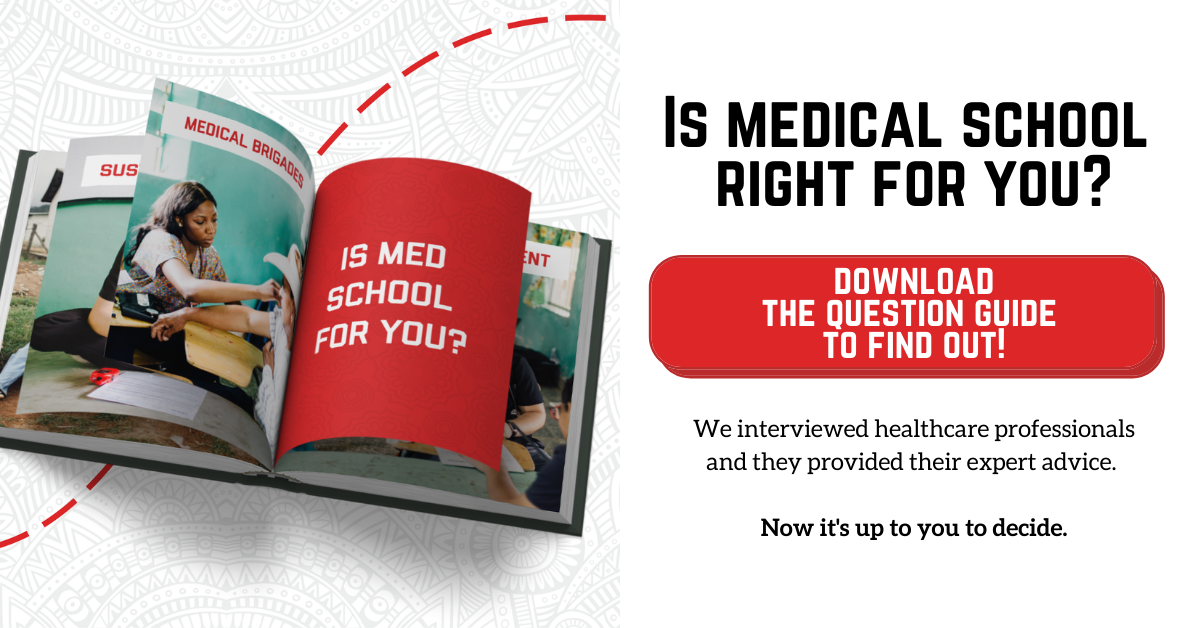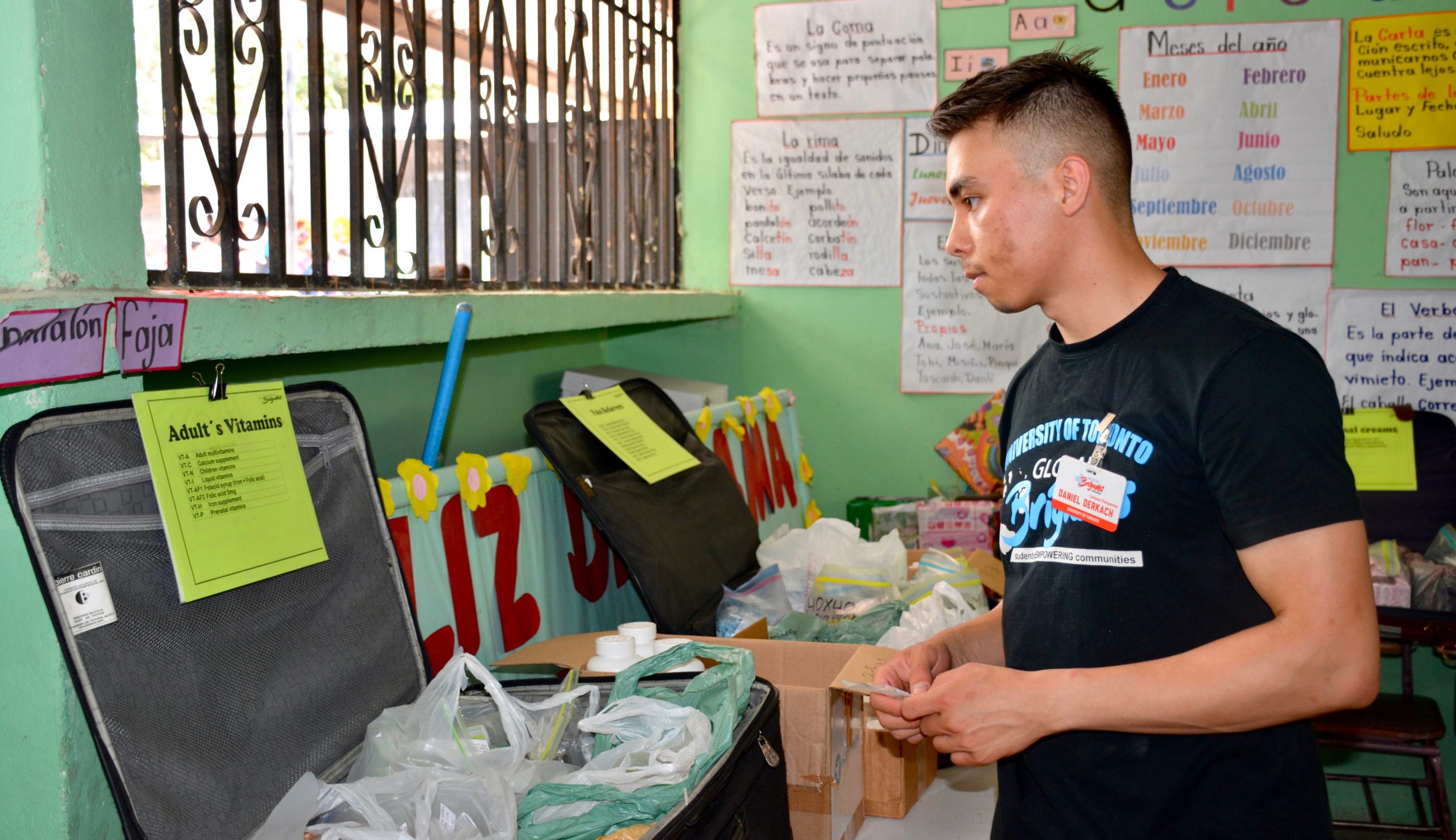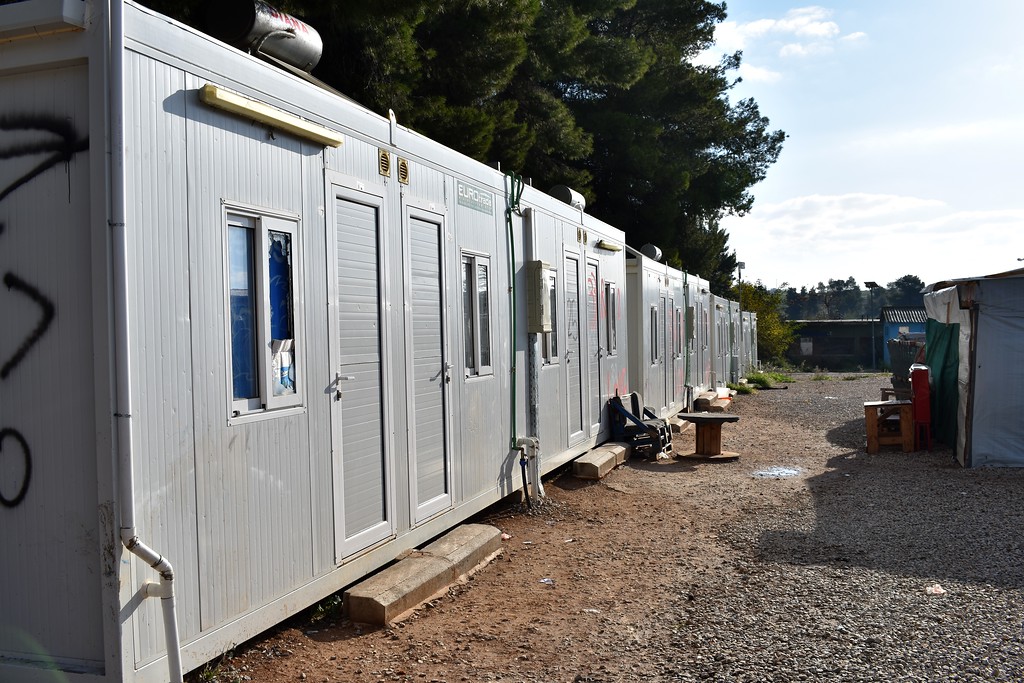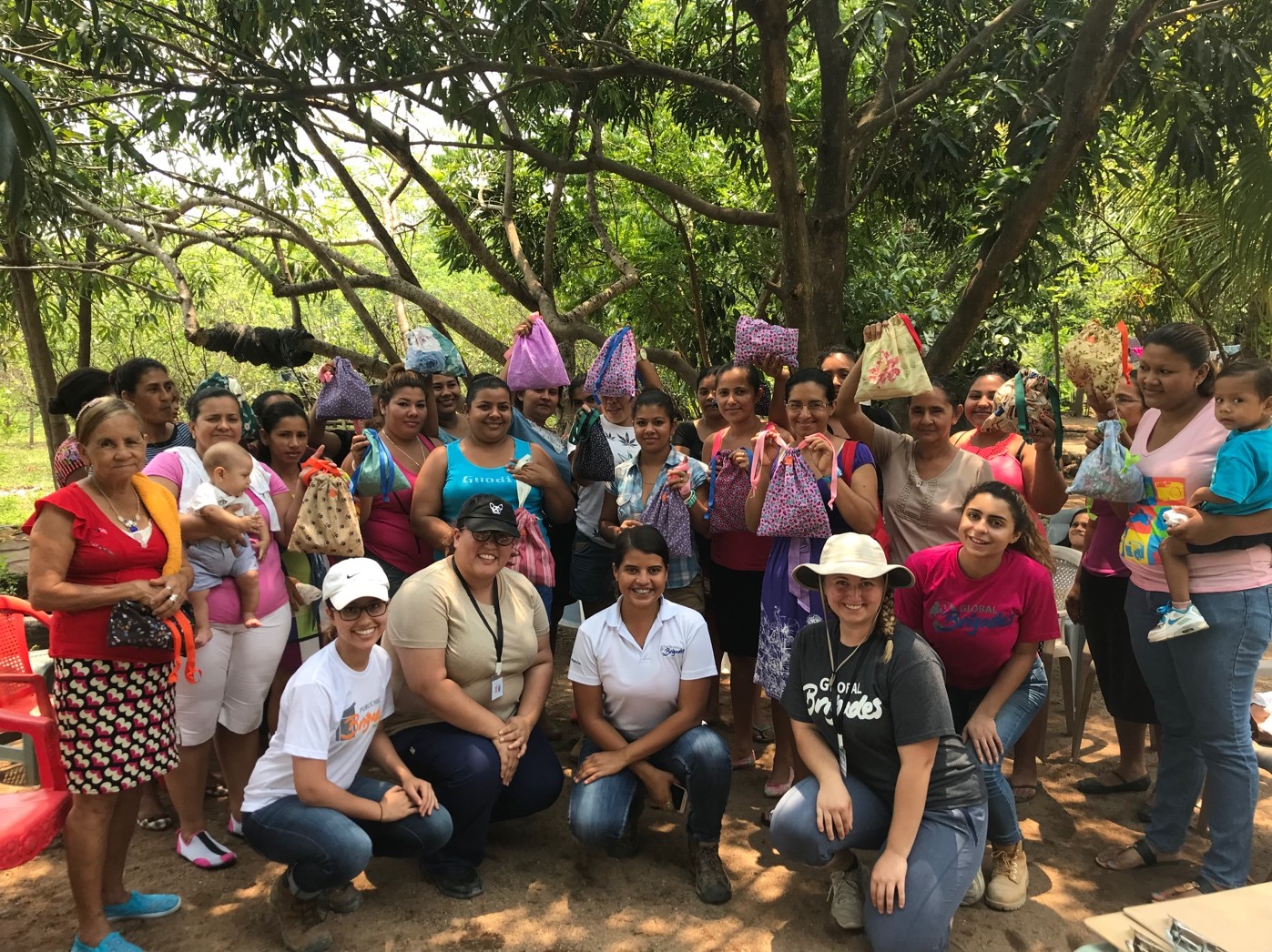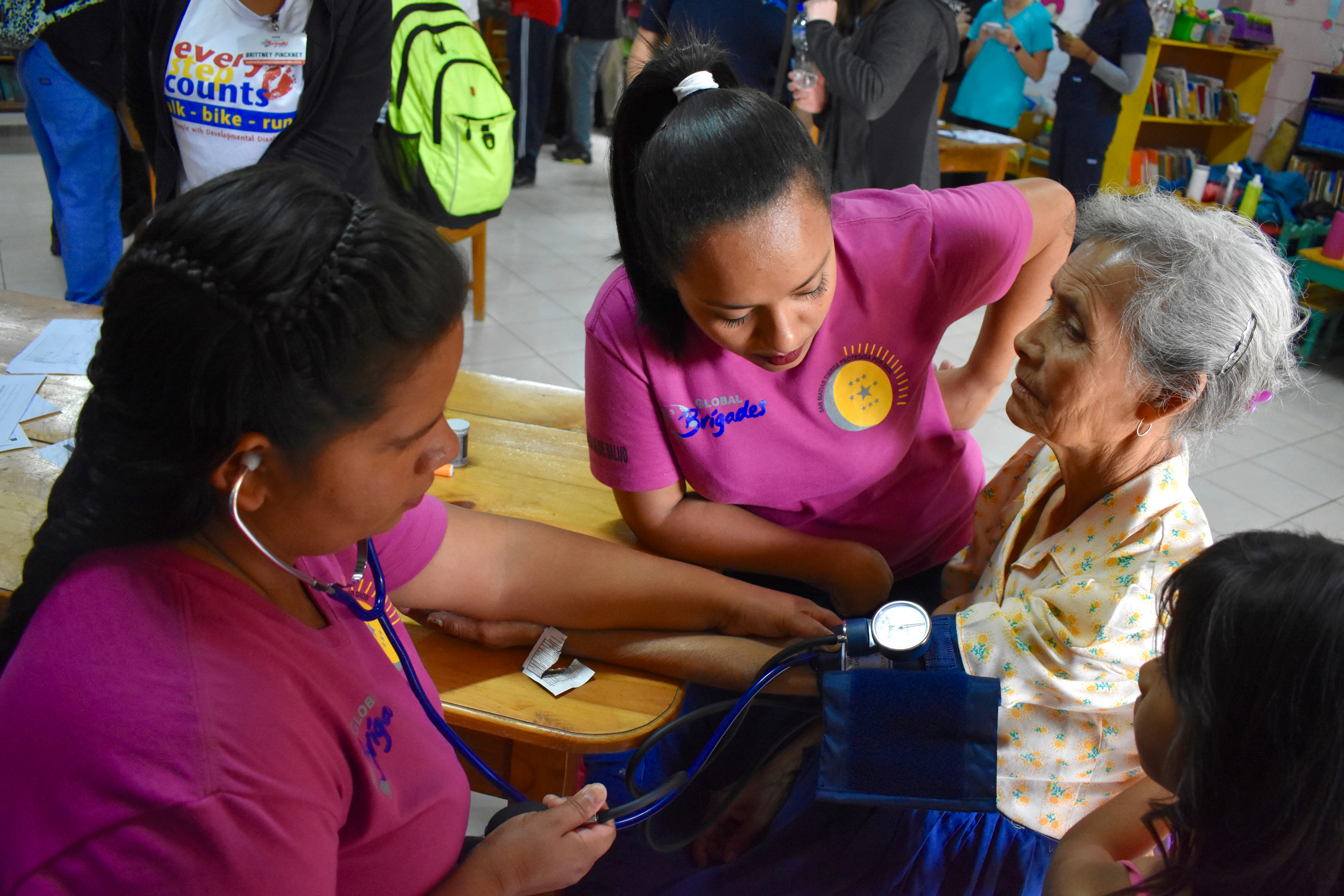Written by former GB Honduras Program Associate, Madison Dutson
Published March 15th, 2021
“The more I understood the health system, the more I was able to see health disparities in quality and access to care. It is one thing to read about these issues on paper. It is completely different to see it in person.”
– Madison Dutson
In The Field With “GMB”
If you’re anything like I was, being an undergraduate interested in medicine, it is hard to wrap your head around challenges in today’s healthcare system. As a public health major, I was specifically interested in global health and I eagerly searched for opportunities to get my hands dirty and have first-hand experience in the field. Global Medical Brigades (GMB) filled this gap for me, providing a unique global perspective on health systems, disparities, and disease burdens.
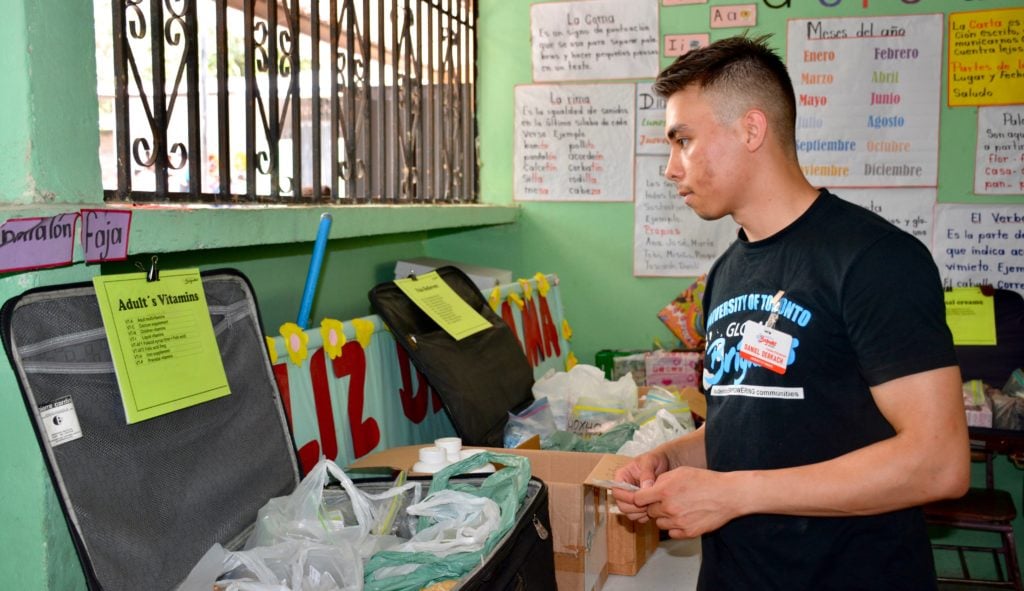
As anyone who has volunteered with GMB knows, working with Global Medical Brigades means working with local staff. On brigade, GB-employed doctors are residents of the programming country. In Honduras, GB doctors are Honduran. In Ghana, they are Ghanian. It seems simple, but this important aspect of the GB model means that when you are on brigade, you are able to learn from healthcare providers who have deep knowledge of the cultural and healthcare context. I remember soaking up all the information that the enthusiastic Dra. Romero gave us before our first clinic day—explaining how the government system provided care and where the gaps were. For the next three clinic days, I was talking to her non-stop about her experiences and the barriers to care patients faced. I gained first-hand knowledge of the accomplishments of the public system, like the robust vaccine program, as well as the challenges, like providing consistent rural care.
Culturally Appropriate Care
The more I understood the health system, the more I was able to see health disparities in quality and access to care. It is one thing to read about these issues on paper. It is completely different to see it in person. Being in the community gave me an awareness of the standards of living and resources of the patients we saw. This caused me to realize the huge importance of a public health perspective in global health work. I understood more fully that it is impossible to simply combat healthcare access differences between countries by providing care while ignoring differences in access to secure housing, clean drinking water, and hygiene infrastructure.
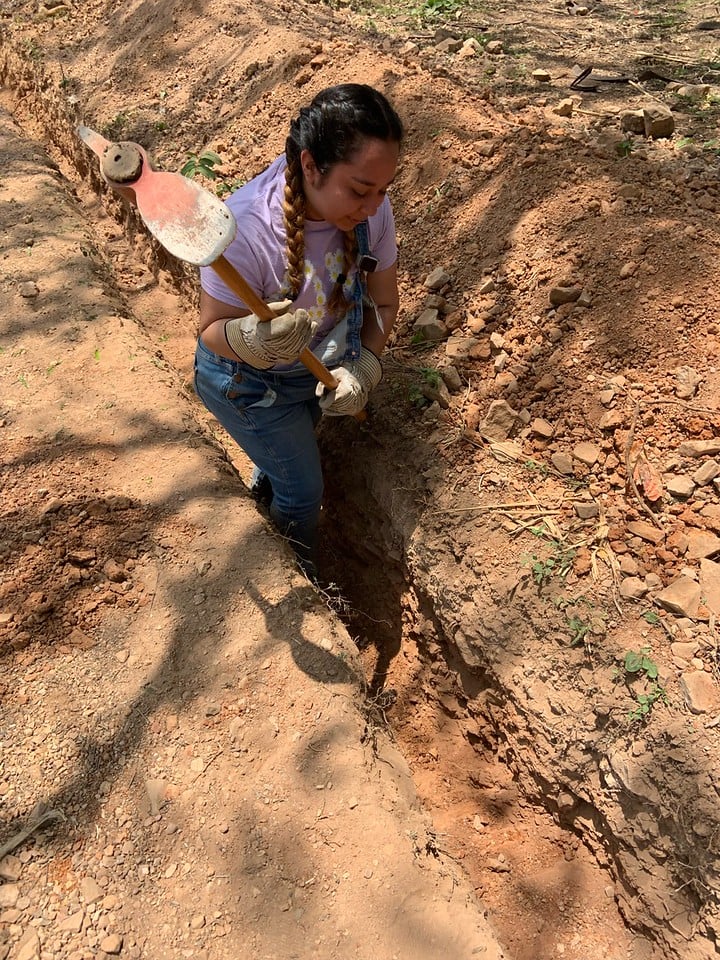
My Global Medical Brigade also allowed me to see the differences and similarities in the types and burden of disease that are crucial to effective global health initiatives. Many of the chronic diseases community members faced plague countries regardless of their economic development or location, such as poor vision and diabetes. Others are specific to the region and economic context such as the many mosquito-borne diseases and complications from chronic diseases due to lack of care and medication. Understanding the similarities and differences of the most pressing healthcare challenges is crucial to fostering a global health perspective that isn’t limited by a knowledge bias focused only on diseases faced in your home country.
Context is Key
Being in the community also provided me with a necessary social and cultural context. Seeing the strength of families and the unity of the community was inspiring to me and motivated me to seek out and incorporate community strengths in future global health work. The local doctors we worked with highlighted the important differences of culturally appropriate care in the way they spoke to each member of the family or how they approached women’s health issues. Their approach encouraged patient trust and emphasized to me the importance of country-specific solutions. Although global health seeks to expand our perspective beyond our own borders, we cannot do this effectively with care that is generalized or limited in its perspective. Global health means locally-informed solutions.
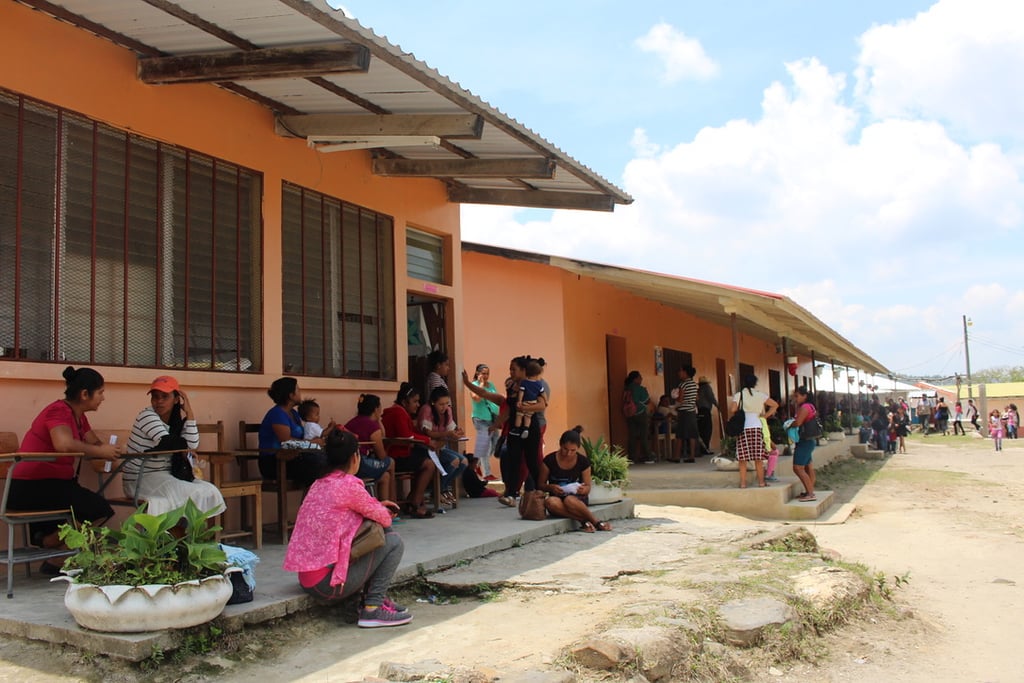
How To Expand Your Healthcare Perspective
If you are looking to expand your global health perspective, joining a medical brigade is a great first step! Global Brigades’ unique focus on local doctors, the community context of our clinic, and the first-hand understanding of disease burdens gave real-world context to my previous knowledge and opened my eyes to the aspects of global health that most interested me. After my brigade, as I continued to take classes on international aid and global health, I noticed that I constantly referred back to my experiences as a brigader to evaluate programs and understand research. Volunteering with Global Brigades has been an amazing foundation as I work to develop a well-rounded and complete perspective on healthcare globally.
